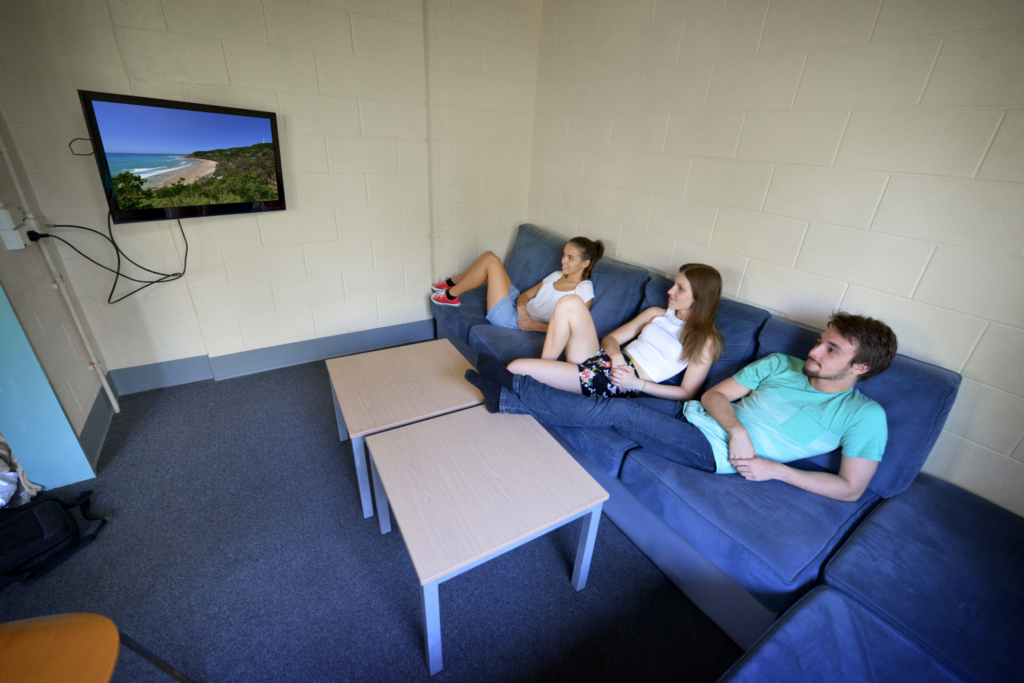College is not just about attending classes and studying; it’s a transformative phase of life where you have the opportunity to make lifelong friends and establish a strong network of connections. Making friends and networking in college is more than just a social activity; it plays a vital role in your personal and professional growth. Building meaningful relationships can provide a support system, create memorable experiences, and open doors to future opportunities. By actively trying to make friends and network in college, you can enhance your college experience, broaden your horizons, and set the foundation for a successful future.
In this post:
The Power of First Impressions
First impressions hold significant weight in our interactions. Initial interactions set the tone for future relationships and can greatly impact how others perceive us. To create a positive first impression, paying attention to certain aspects is important. Dressing appropriately showcases your professionalism and respect for the occasion. Dress in a manner that aligns with the setting and the people you’ll be meeting. Displaying confidence through body language and a friendly demeanor helps others feel comfortable approaching you. Additionally, active listening and engaging in conversations demonstrate a genuine interest in others, fostering a positive and memorable encounter. By focusing on these tips, you can make a lasting impression and pave the way for meaningful connections in college.

Make Friends and Network in College: Getting Involved in Campus Activities
Getting involved in campus activities is an exciting way to enhance your college experience and connect with like-minded individuals. Take the initiative to explore the plethora of extracurricular opportunities available to you. Join clubs and organizations that align with your interests and passions, immersing yourself in a community that shares your enthusiasm. By attending events and social gatherings on campus, you create opportunities to meet new people and expand your social circle. Building connections with people similar to you allows you to engage in meaningful conversations and shared experiences and opens doors to new friendships and potential networking connections.
Utilizing Social Media and Online Platforms
Utilizing social media and online platforms can be a game-changer when it comes to networking and building connections in college. By leveraging social media, you can establish a strong online presence that reflects your personal and professional brand. Connect with classmates and professors through platforms like Facebook or Twitter, engaging in discussions and sharing valuable resources. Additionally, explore relevant online communities and groups that align with your interests or career goals, allowing you to connect with individuals who share your passion. When it comes to professional networking, LinkedIn is a powerful tool. Optimize your profile by highlighting your skills, experiences, and achievements, ensuring maximum visibility to potential connections. Don’t forget to connect with alums and industry professionals, leveraging their expertise and networks for valuable opportunities and mentorship. With the right approach, social media and online platforms can become invaluable assets in your journey to make friends and network in college.

Building Relationships in Classes and Study Groups
Actively participating in class discussions allows you to showcase your knowledge, engage with classmates, and build rapport with both your peers and professors. Forming study groups with classmates fosters collaboration, enabling you to share knowledge, exchange ideas, and collectively tackle challenging assignments. By collaborating and networking with your peers, you strengthen your understanding of the subject matter and expand your network of like-minded people who may become future colleagues or collaborators. Embrace these opportunities to connect, learn, and grow together, setting the stage for academic and professional success.
Mentoring and Seeking Guidance
Establishing relationships with mentors, such as approaching professors or professionals in your field of interest, opens the door to invaluable advice and guidance. A mentor can provide insights, share their experiences, and offer industry-specific knowledge that can accelerate your learning and development. Furthermore, having a mentor expands your network as they can connect you with other professionals in your field through their connections. They can also help you with practical everyday things. For instance, renting student storage in NYC might be something you need help with, so mentors can help you with recommendations for short-term storage for students. The benefits of having a mentor extend beyond the knowledge gained; it is an opportunity to form a supportive relationship that can guide you toward success and provide valuable opportunities along the way.
Networking Events and Career Fairs
Attending networking events and career fairs on campus presents valuable opportunities to expand your professional network and explore potential career paths. To make the most of networking events, it’s important to come prepared. Develop an elevator pitch, a concise introduction that highlights your skills, experiences, and career aspirations. Research the participating companies or organizations beforehand, enabling you to have meaningful conversations and ask thoughtful questions. Don’t forget to bring business cards and resumes to share with potential contacts. Approach professionals with confidence, initiate conversations, and actively listen to their insights. Finally, follow up after the event by sending personalized emails to express your gratitude and continue the conversation.

Being Genuine and Authentic
Being genuine and authentic is crucial when it comes to building relationships in college. Authenticity creates a foundation of trust and rapport with others, allowing for genuine connections to be formed. By staying true to yourself and expressing your true interests and values, you attract like-minded individuals who appreciate and resonate with who you truly are. Building relationships based on shared interests and values fosters deeper connections and long-lasting friendships. Authenticity brings a sense of genuineness and honesty to your interactions, allowing others to feel comfortable and valued in your presence. Embrace your authentic self, and watch as you form meaningful relationships that enrich your college experience.
Conclusion
Making friends and networking in college is vital to your personal and professional development. Throughout this article, we’ve highlighted key points to guide you on this journey. We’ve emphasized the significance of first impressions, the value of getting involved in campus activities, the power of utilizing social media and online platforms, the importance of building relationships in classes and study groups, the benefits of attending networking events and career fairs, and the impact of mentoring and seeking guidance. As you embark on this exciting phase of your life, we encourage you to actively engage, make friends, and network in college. Embrace opportunities, be genuine, and nurture connections that will not only enrich your college experience but also shape your future success.






